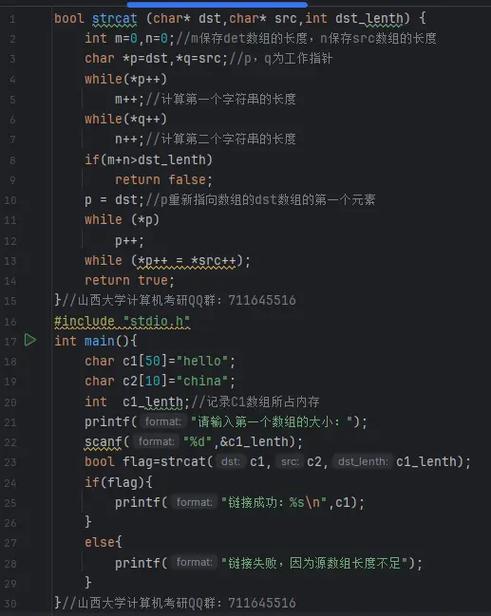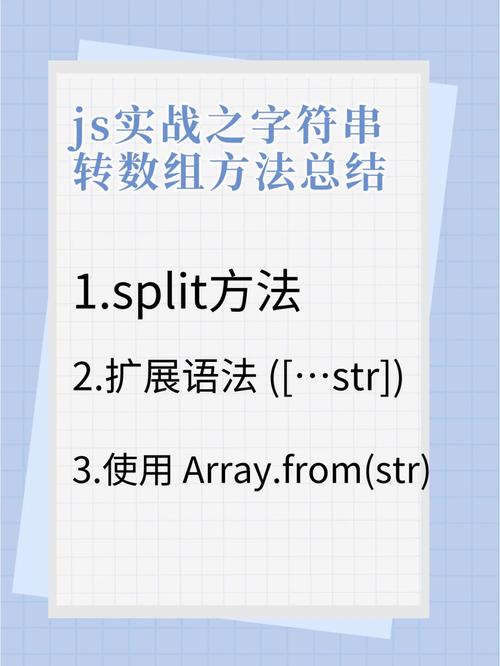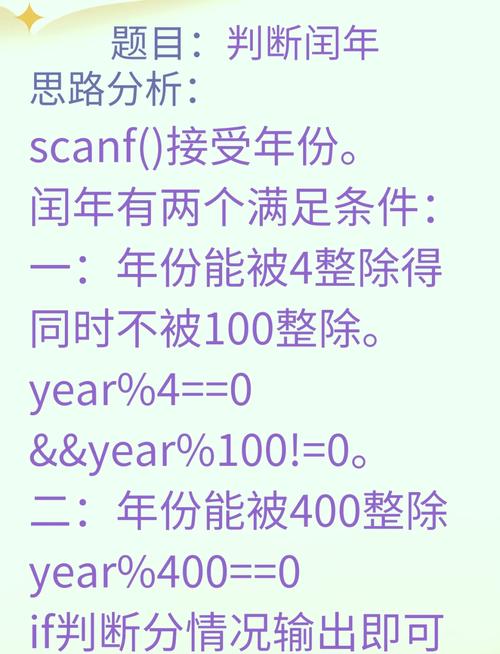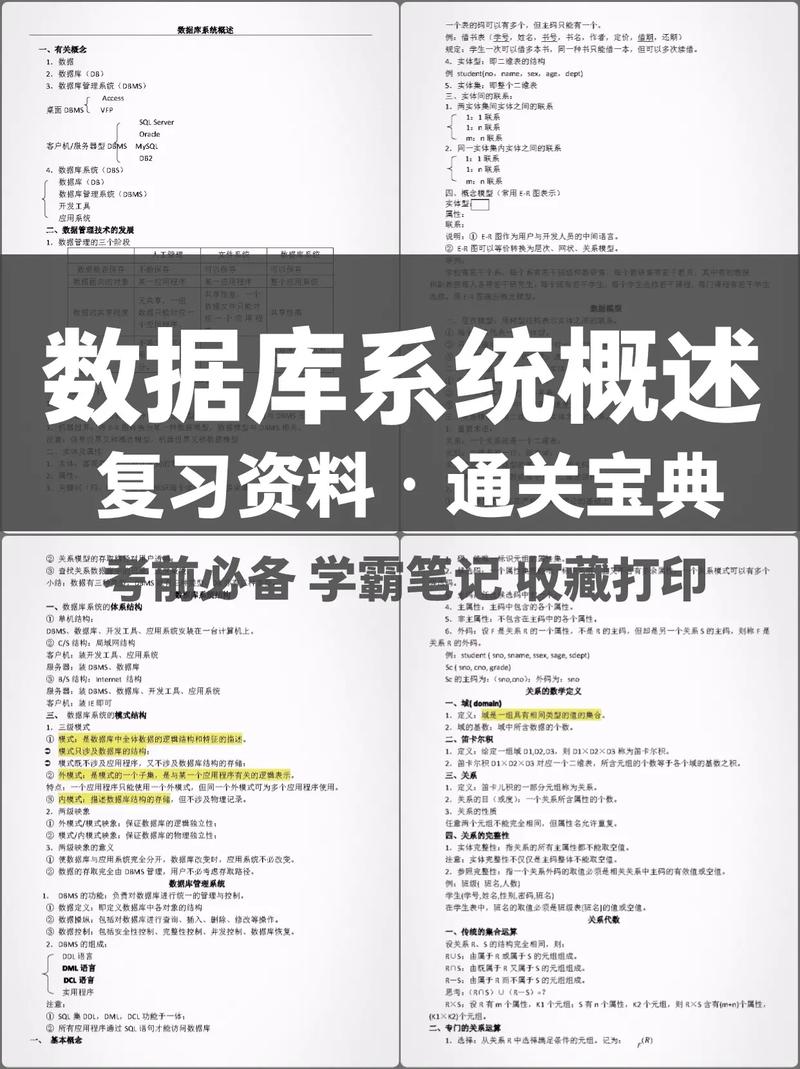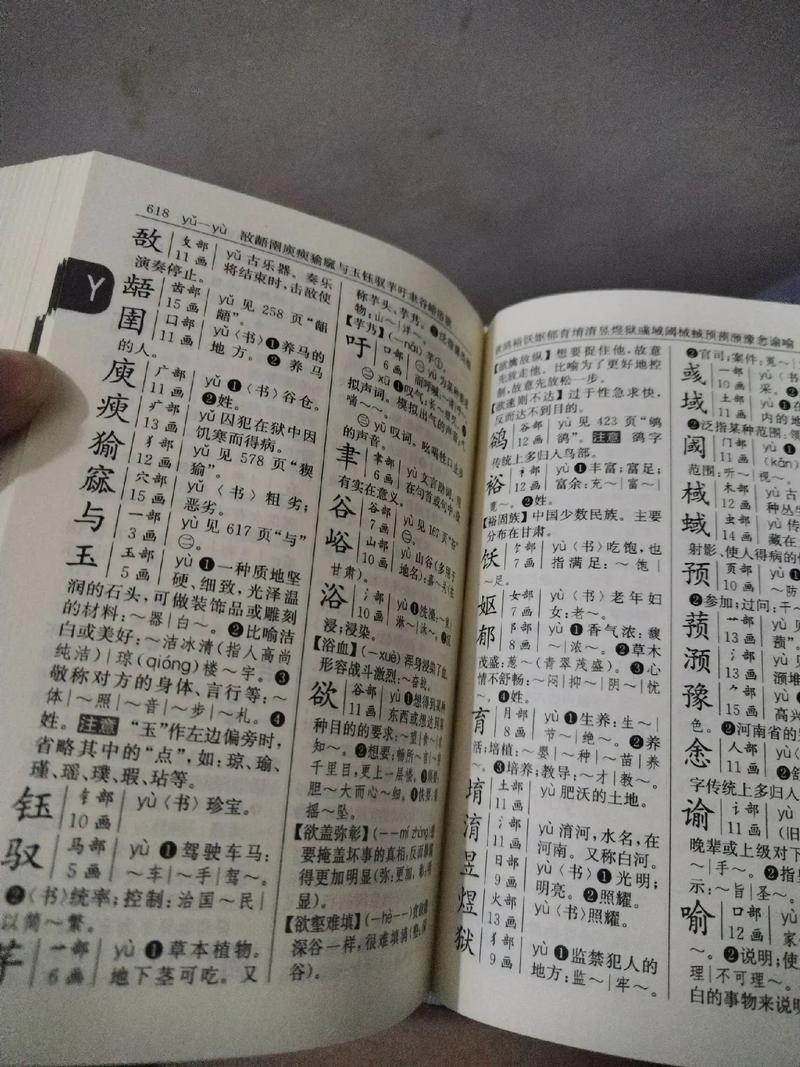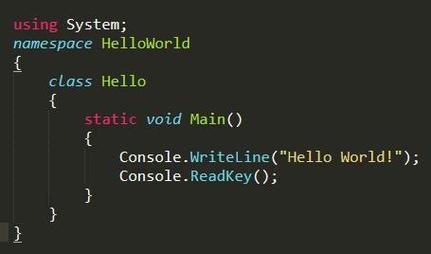Go 是一个英文单词,它有很多词组,下面列举一些常见的 Go 词组:
1. go ahead 继续前进;开始做某事2. go back 回去;回顾3. go on 继续;发生4. go out 外出;熄灭5. go over 仔细检查;复习6. go through 经历;完成7. go under 沉没;破产8. go up 上升;增长9. go with 与...一起;选择10. go without 没有...也行
这些词组在英语中非常常见,可以用于描述各种不同的情境和动作。
在英语中,“go”是一个多功能的动词,其词组搭配丰富多样,广泛应用于日常交流、学术研究和商业领域。本文将详细介绍“go”的一些常见词组及其用法,帮助读者更好地理解和运用这些表达。
一、基础词组
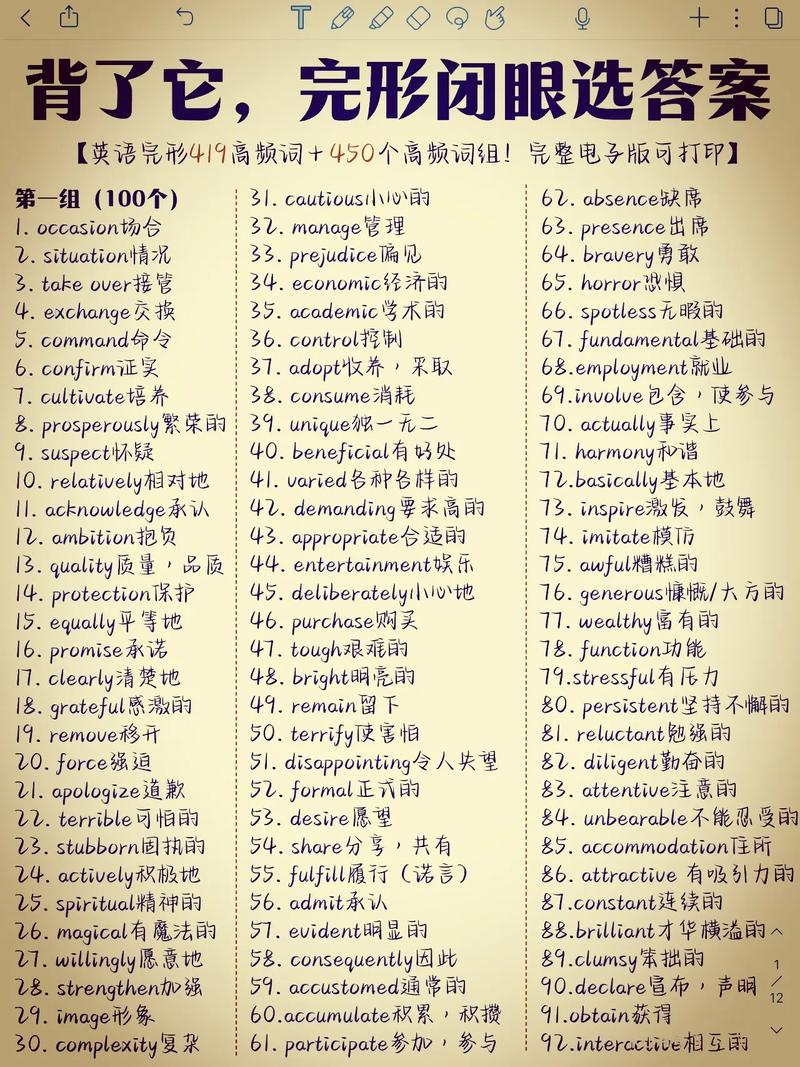
go after:追求,设法获得。例如:“He went after the job with great determination.”(他决心追求那份工作。)
go on:继续。例如:“The meeting went on until midnight.”(会议一直持续到午夜。)
go by:从旁经过,时间流逝。例如:“The years went by quickly.”(岁月飞逝。)
go down:下降,倒下。例如:“The stock market went down sharply.”(股市急剧下跌。)
go up:上涨。例如:“The temperature went up to 35 degrees Celsius.”(气温升至35摄氏度。)
go in for:酷爱,从事。例如:“She goes in for painting.”(她酷爱绘画。)
go over:走过去,温习。例如:“Let's go over the lesson again.”(我们再复习一下这节课的内容。)
go through:仔细查看,浏览。例如:“He went through the documents carefully.”(他仔细查阅了这些文件。)
go wrong:出毛病。例如:“Something went wrong with the machine.”(机器出了故障。)
go out:出去,熄灭。例如:“The lights went out.”(灯熄灭了。)
go around:到处去,传开。例如:“The news went around quickly.”(消息迅速传开。)
二、进阶词组
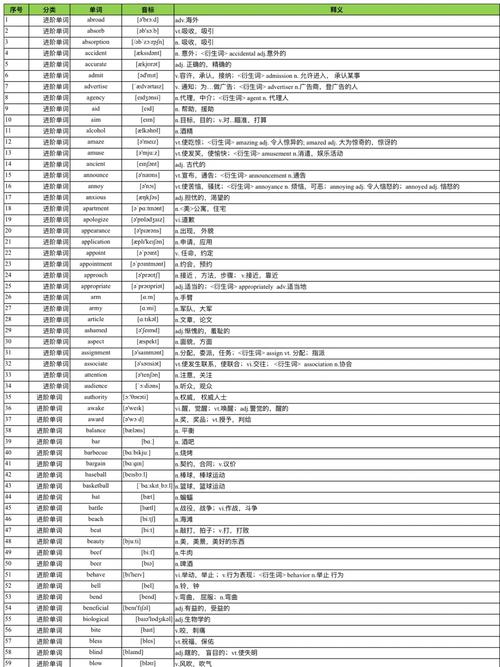
go about:处理,到处走动。例如:“How shall we go about solving the problem?”(我们该如何解决这个问题?)
go ahead:前进,进行。例如:“You can go ahead with your plan.”(你可以继续执行你的计划。)
go along with:一起去,赞同。例如:“I can go along with your idea.”(我可以赞同你的想法。)
go around with:与交往。例如:“He goes around with a group of friends.”(他与一群朋友交往。)
go at:攻击,努力去做。例如:“He went at the problem with great determination.”(他决心努力解决这个问题。)
go away:离开,消失。例如:“The pain went away after the medicine.”(吃药后,疼痛消失了。)
go back on:违背,背叛。例如:“Don't go back on your word.”(别违背你的诺言。)
go back to:回去,恢复。例如:“He went back to his hometown.”(他回到了家乡。)
go before:时间上居先。例如:“The meeting went before the deadline.”(会议在截止日期前完成。)
go off:离开,消失。例如:“The fireworks went off at midnight.”(烟花在午夜时分绽放。)
go off with:拿去,抢走。例如:“The thief went off with the money.”(小偷抢走了钱。)
go on doing sth:继续做某事。例如:“He went on doing his homework.”(他继续做作业。)
通过本文的介绍,相信读者对“go”的词组搭配有了更深入的了解。在日常生活中,熟练运用这些词组可以使我们的英语表达更加丰富、准确。同时,在学术研究和商业场合,掌握这些词组


